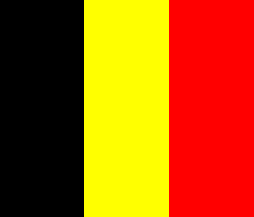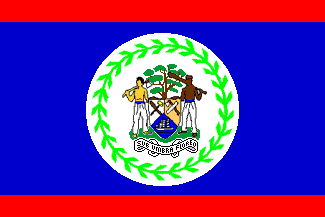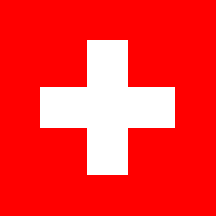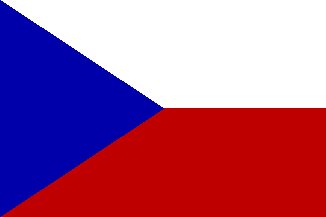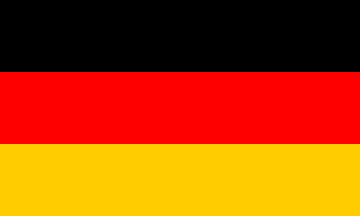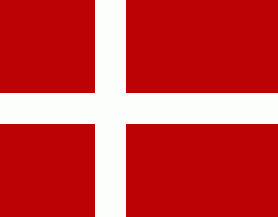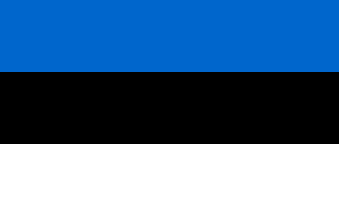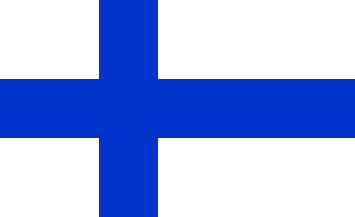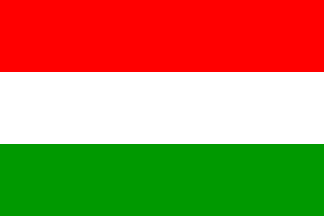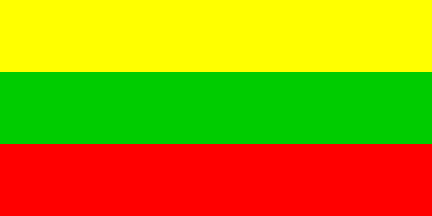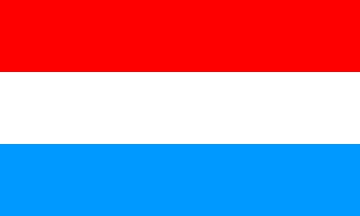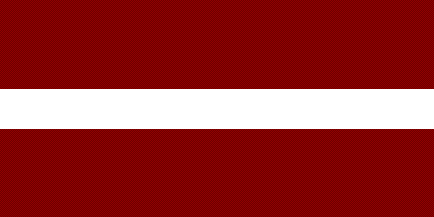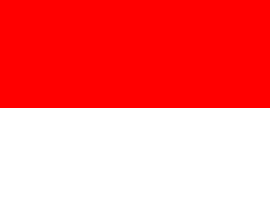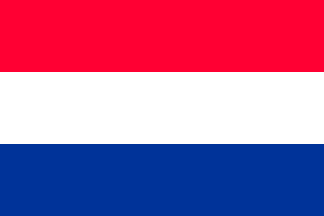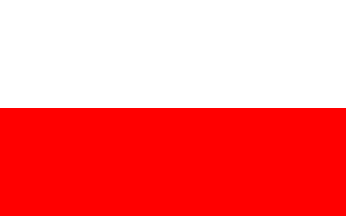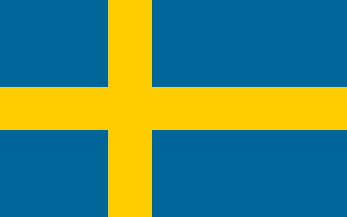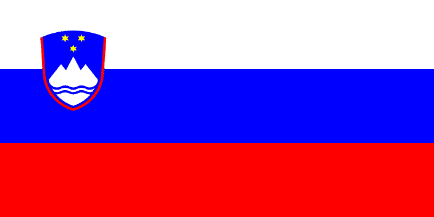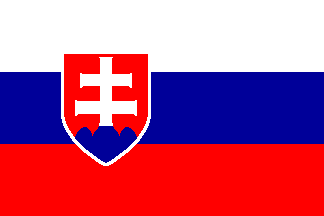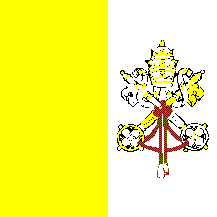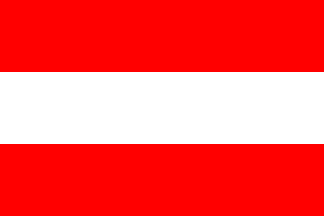
![]()
Latvia
Not as western as Estonia, not as famous for its independence movement as Lithuania, Latvia is the most forgotten of the Baltics, the three states which were freed from Soviet domination only in 1991. Of the three, it would rank as my least favorite, though it's not a bad little place and worth a stop.
Essential Facts
The national language is Latvian, with Lithuanian, one of the only remaining members of the Baltic language family. It's an Indo-European language. English is fairly widely spoken, especially by the young, so while a little Latvian would be nice it's not essential if you're not planning on going off the beaten path. Thanks to Soviet resettlement plans, Latvia has a lot of Russians. As a human reminder of fifty years of oppression, these people tend to be widely disliked. Latvia denies citizenship to the Russians, and has passed laws (heavily criticized by the West) which make Latvian the only language legally allowed to be spoken in public.
The monetary unit is the Lat, which is roughly equal to the British pound, i.e. $1.65 equals about 1 Lat. Cirrus/MasterCard ATMs are fairly prevalent in Riga, but you might want to stop up before leaving the big city. Cost-wise, the country is cheap by western standards, but not by Eastern European standards, $30-40 a day should suffice unless you're living large.
Getting there and away
In the middle of the Baltics, with the Russian Bear to the East. |
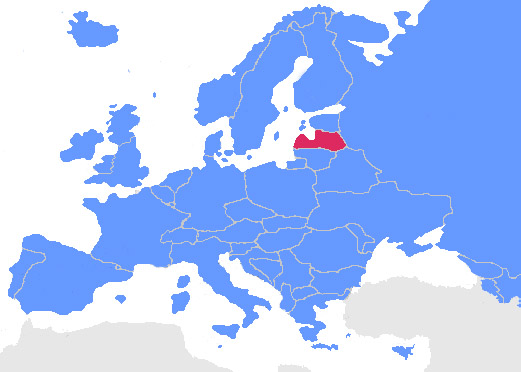 | |
Most people reading this who end up in Latvia will have arrived via a bus from either Tallinn or Vilnius, both about a 2-3 hr trip. Masochists take note that long-haul buses can bring you to and from many destinations in western and eastern Europe. Trains tend to be slower, less frequent and more expensive, unless you're going to or from Russia, in which case they are preferable. Air-wise, Riga is directly connected with numerous European cities. Apparently, the ferries which used to ply between Riga and Stockholm and Travem�nde (Germany) have both ceased operation.
Riga The largest city in the Baltics, Riga is a pleasant destination to relax, and see one of best museums I've ever come across. I strongly advise picking up the In Your Pocket guide for the city either before you arrive or soon after. There is simply no better.
Attractions
The absolute essential for any stop in Riga is the Occupation Museum, a somber memorial to the struggles against the Nazis and Soviets by the Latvian people. Everything is captioned in Latvian, English and German and the exhibits are well-done and poignant. The old city is pleasant to stroll in, with many nooks and crannies and open-air orchestras playing music to accompany your wanderings.
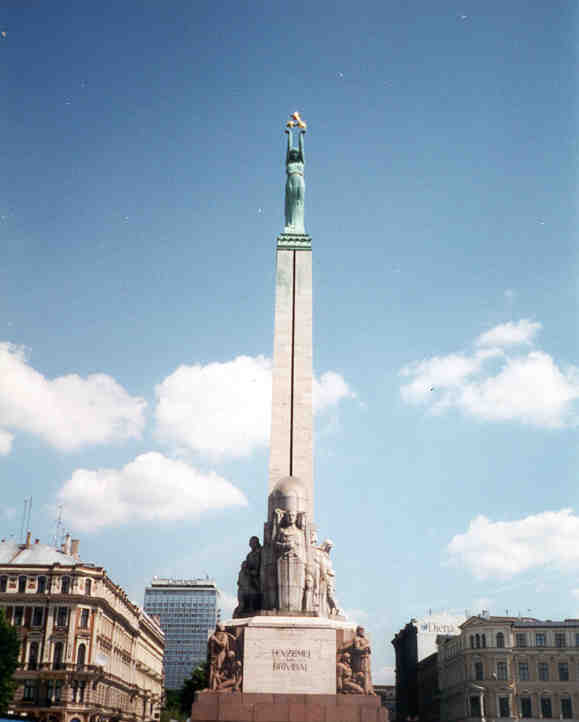 |
Nor should one miss Milda (left), the Latvian freedom monument. She stands in a popular meeting place, and is more or less a symbol of the country. | |
Not as popular is the sculpture of the Latvian Red Riflemen (right), a group of Latvians who acheived infamy for guarding Lenin during the revolution. Located outside the Occupation Museum, there has been much debate on whether or not to destroy, move or let rest the statute. For the time being, it remains - one of the few Communist symbols left. |
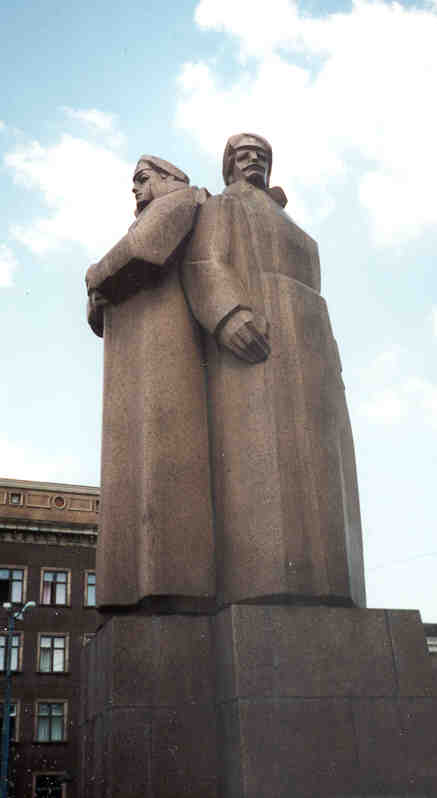 | |
Food and Lodging
When my friend and I arrived in Riga, she was feeling quite ill and not up to the long bus-ride to the distant hostel. The only place with available rooms semi-near the bus station was the Hotel Metropole, which i recommend, but at about $150-200 a night, it's not exactly wallet-friendly. The rooms do come with a glass of complementary Champagne at the bar. Food-wise, I can't quite recommend Zilais Putns, an Italian restaurant in the old town. It wasn't bad, but (not surprisingly) not very Italian and a tad pricey.
